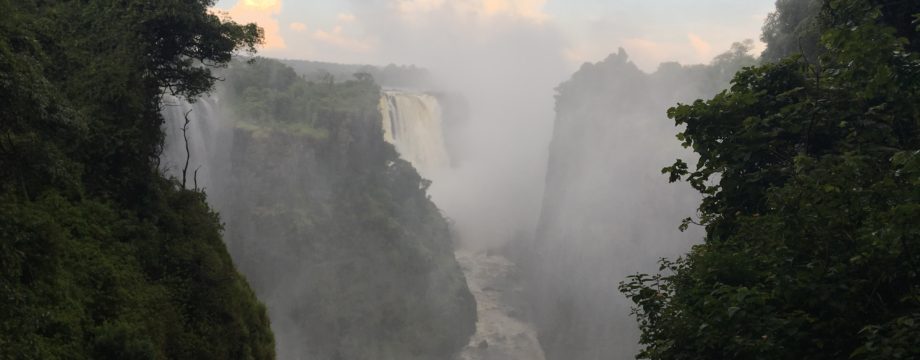This article was originally published on Cache Up NB. It has been mirrored here for archive purposes only.
Did Not Find. It’s perhaps the single most frustrating thing to have happen to a cacher, and yet every one of us has experienced this at least once. You all know the story.
You’re out in the wild somewhere trying to find a cache. You’ve come prepared with knowledge of what kind of container you are looking for, a description of the cache, and maybe even the hint. Heck, maybe you’ve even spoken to other cachers who have found it before. You are sure that you are going to find this particular cache and so the hunt begins.
You reach ground zero and decide to start looking. Whether it’s under rocks, in a tree, under some branches, in a stump, or on a fence, you look and you look and you look. You check your GPS to see how close you are, and then you double check the hint and description (if you have it) and you continue to search. It’s not looking good.
You’ve now done the drunken bee dance enough that your search has spiraled out from ground zero and you find yourself searching for the cache further from the center than before. You’ve gone from 2-3 meters from the cache location to 10, maybe even as far as 20. You look anywhere and everywhere until eventually you decide that you have had enough and it is time to move on. You’ve been defeated. You are now faced with a “Did Not Find” to add to your list of finds for the day.
On a good day, where you’ve had a good streak of finds, adding a DNF to the list kind of kills the streak. It’s nice to be able to say that I found 25 caches and no DNF’s. I personally have had a day of 130 finds with no DNF’s. That is a personal record and let me tell you, it was definitely a good day. DNF’s are part of the art of geocaching as sometimes, despite how experienced you are, you can look and look all you want, but there are times when it just isn’t going to happen. I’ve seen me go to find a cache three or four times and yet folks who have been caching for only a week found it the first time.
When it comes time for you to log your actual experiences online, the question of whether or not to log a DNF comes up. Many folks, particularly new cachers, choose not to log DNF’s online. For whatever reason, they see it sort of as the cache having “beat” them and they don’t want to feel defeated so they don’t log a find. However, the logging of a DNF also helps other cachers with the hunt. Here’s a few good reasons to log a DNF regardless of your situation:
- Maybe the container is actually missing and a DNF log will help let the owner know that it should be replaced
- Other cachers will see the DNF log and may save themselves the trouble of finding it and experiencing the same frustrations you had
- Fellow finders will see the DNF and use it as a warning that the cache may not actually be there and thusly not worry too much if they can’t find it
- You may have had quite an interesting experience in trying to find the cache and might want to share it, despite not having found the actual container.
- The owner has requested that DNF’s be posted to that cache page because the cache is well known for being very hard to find and the CO wants to see people’s stories of failed finds
Along with there being reasons to log a DNF, there are a few reasons to skip the logging of a DNF:
- You didn’t really try too hard to find the cache and are pretty sure it’s there you just didn’t take enough time to find it, and so logging a DNF may seem a bit inappropriate
- There are already quite a few DNF’s on the cache already and the addition of one more would really not serve any purpose
- If the last DNF log was a long time ago, it’s probably best to post the DNF just so people know someone recently has tried for it
- You were part of a group and many folks from the same group have already posted their DNF logs making yours redundant
DNF’s are a natural part of geocaching. You can’t always find every container so sometimes you have to accept defeat. But there are times when DNF’s present us with even better stories of when we have actually found a cache.
Do you have any interesting DNF stories? Do you always log DNF’s? What criteria do you follow when posting a DNF log?



3 Responses to The art of the DNF